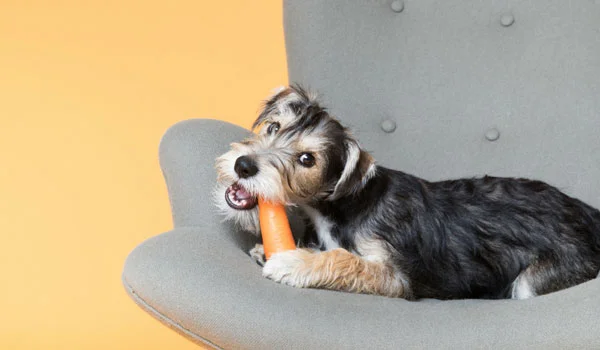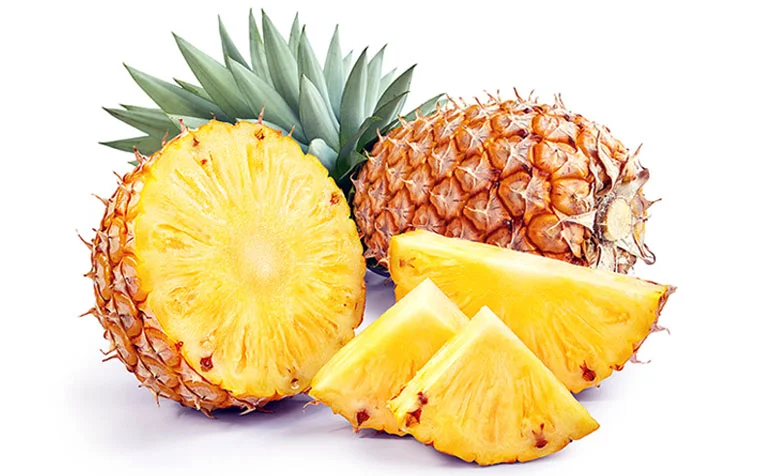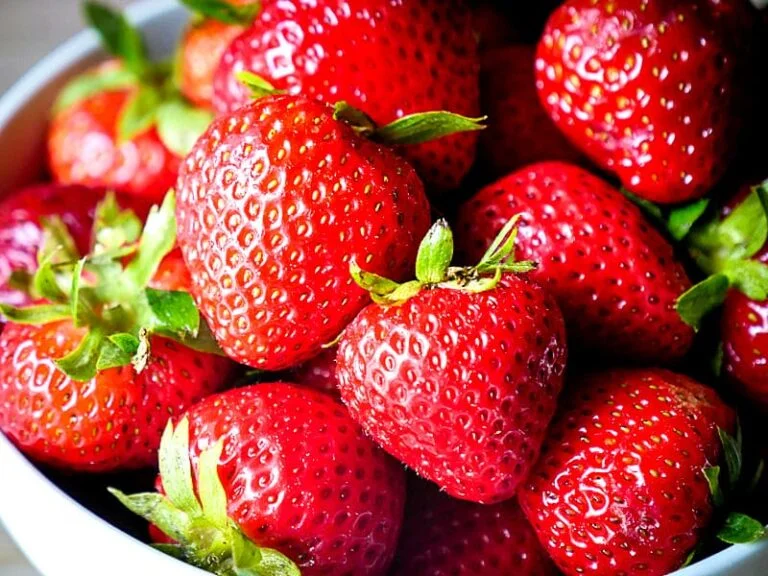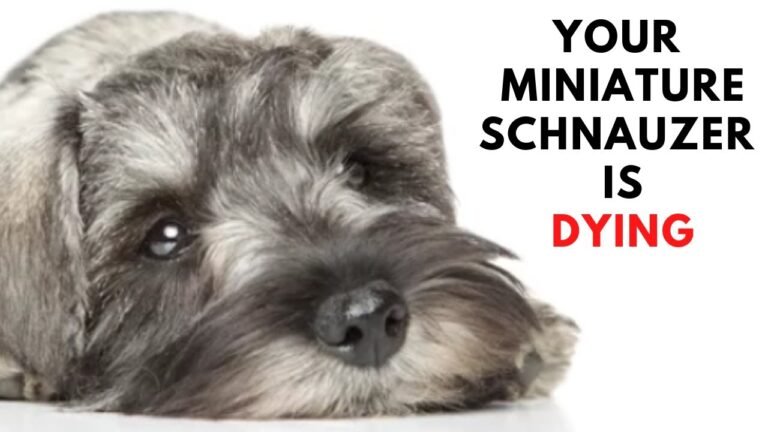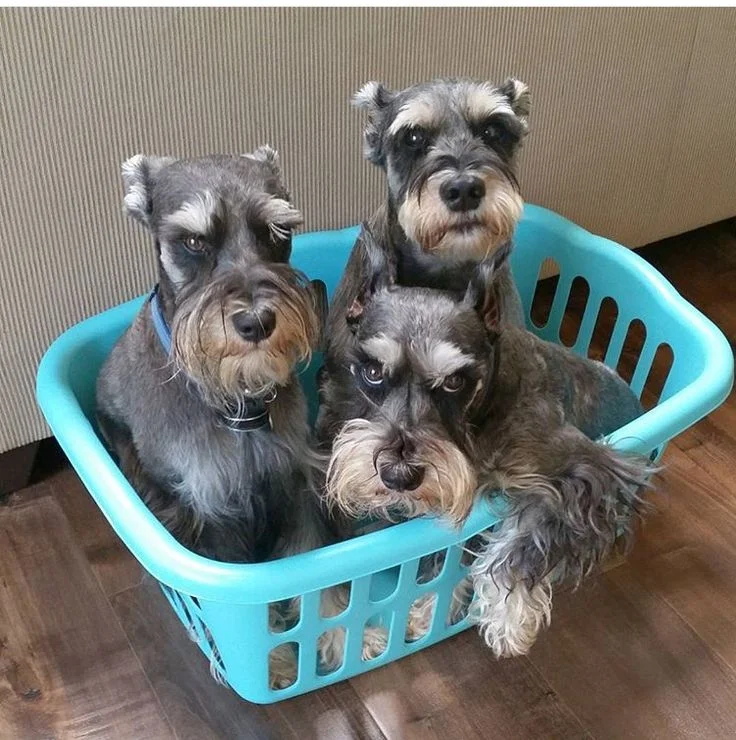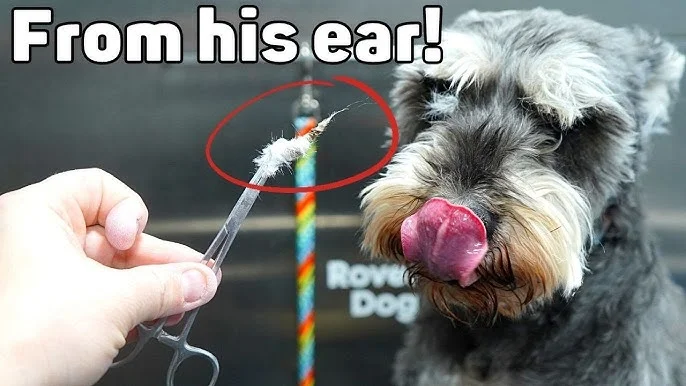Crunching on Carrots: Can Schnauzers Eat Carrots?
“Can Schnauzers eat carrots?” is an often asked question by devoted owners of Schnauzers. As conscientious pet owners, we’re constantly searching for innovative approaches to improve our pets’ well-being, and part of that involves introducing variety to their food. This article goes into great detail on the nutritional value of carrots, whether they are healthy for Schnauzers, and how to serve them.
Canine Nutritional Requirements: An Overview
We must first comprehend the fundamentals of canine nutrition in order to set the scene for the conversation regarding carrots.
Important Elements in a Dog’s Diet
- Protein: Found in many different animal products, protein is the building block of a dog’s diet and is essential for both muscular growth and maintenance.
- Fats: Not only are fats necessary for energy, but they also aid in the absorption of several vitamins and support healthy skin and fur.
- Carbohydrates: Although they are not required, dogs can benefit from eating carbohydrates as a source of nutritional fiber and energy.
- Minerals and Vitamins: Vitamins and minerals are essential for many bodily processes and ought to be included in a well-balanced diet for dogs.
Carrots: A Schnauzer’s Nutritious Powerhouse?
Carrots’ Nutritious Composition
Carrots are a great source of many healthful elements.
- Vitamin A: Essential for maintaining healthy skin, eyes, and immune system.
- Vitamin K1: Vital for healthy bones and blood coagulation.
- Potassium: An essential mineral that maintains muscular and cardiac function.
- Fiber: Vital for a healthy digestive system.
The answer to the question “Can Schnauzers eat carrots?” is definitely yes with these nutrients! Yes, carrots can make a tasty and healthful addition to your Schnauzer’s diet.
Adding Carrots to the Diet of Your Schnauzer
You may feed carrots to your Schnauzer in a few different ways:
- Uncooked Carrots: Carrots in their raw state can be a crisp, low-calorie delicacy. As your dog chews on these, they naturally remove tartar and plaque, which is fantastic for promoting dental health.
- Cooked Carrots: Since cooked carrots are easier to digest, your Schnauzer will be able to absorb more of the nutrients that are there. Recall to serve cooked carrots unseasoned—that is, without any additional oil, salt, or spice.
- Carrots, Pureed or Grated: Carrots can be easier to handle for puppies or elderly dogs with dental problems if they are grated or pureed. Additionally, this cooking technique can improve nutrient absorption.
What You Should Know: Possible Dangers and Safety Measures
Carrots are typically safe for Schnauzers, but there are several things to be aware of.
- Choking Hazard: To avoid choking, always keep an eye on your Schnauzer when it eats carrots, especially raw ones.
- Allergies: Although uncommon, allergies to carrots might occur in some dogs. Begin by introducing modest amounts and keep an eye out for any indications of an allergic reaction in your dog.
- Overindulgence: An excessive amount of carrots may cause vitamin A toxicity or upset stomach. It is imperative to bear in mind that carrots need to enhance, rather than supplant, a well-rounded diet.
Answers to Frequently Asked Questions
- How often may I give carrots to my Schnauzer?
- Carrots are not a necessary food; they are a delight. It’s usually sufficient to have a few tiny portions a few times per week.
- Are carrots better for Schnauzers raw or cooked?
- Carrots have advantages when eaten either raw or cooked. Carrots are better for oral health while raw, but they are easier to absorb and digest when cooked.
- Can older or puppy Schnauzers consume carrots?
- Carrots are safe for Schnauzers of all ages, even pups. Consider grating or pureeing the carrots for dogs with dental problems, especially pups and senior dogs.
In summary
In conclusion, adding carrots to your Schnauzer’s diet can be both pleasurable and healthful. When prepared properly, they can improve your dog’s general health because they are full of healthy nutrients. Always introduce new meals gradually, observing any negative reactions as you go. Keep in mind that each dog is different, so dietary recommendations should always be discussed with your veterinarian, particularly if your Schnauzer has particular nutritional needs or health concerns.

